Imagine your cat spending every night locked in a room – is that really okay?
Many cat owners face the dilemma of wanting to protect their furniture while simultaneously ensuring the well-being of their pet.
Confining cats can be considered animal cruelty depending on the circumstances, especially if it severely restricts the cat's freedom of movement and natural behavior.
This article explains what the law says about this topic, how you can ensure a species-appropriate life for your cat, and what alternatives there are to confinement.
Animal Welfare Act and Cat Keeping

The Swiss Animal Welfare Act sets clear guidelines on how cats must be kept to ensure their well-being. It stipulates that cats must have sufficient space, places to retreat to, and opportunities for activity. This includes climbing and scratching opportunities as well as elevated resting areas. These requirements are particularly important because cats are naturally active and curious animals that want to explore their surroundings and exercise their muscles.
Furthermore, owners must ensure that each cat has access to its own litter box. For multiple cats in a household, specific regulations apply regarding the number of litter boxes required, depending on the number of cats and the cleaning frequency. These regulations are crucial to prevent stress and territorial conflicts among the cats and to protect their health. Failure to comply with these legal requirements can be considered a violation of animal welfare laws and may result in criminal prosecution.
Fine schedule for animal cruelty

The Swiss code of fines for animal cruelty sets clear penalties for the mistreatment or neglect of cats. In cases of serious offenses, such as the mistreatment or killing of a cat, a prison sentence of up to three years or a fine can be imposed. Additionally, a ban on keeping animals can be issued, meaning that the person in question is prohibited from keeping any animals in the future.
Even less serious offenses, such as negligently failing to care for or abandoning a cat, carry substantial fines, which can amount to up to CHF 25,000. Such measures are intended to ensure that cat owners take their responsibility seriously and do not endanger the animals' welfare through carelessness or ignorance. These legal regulations maintain a high level of cat protection in Switzerland.
What does a species-appropriate life mean for cats?

A species-appropriate life for cats means they can live out their natural behaviors and instincts. This includes the opportunity to climb, scratch, and explore. Cats are naturally curious and active animals that enjoy discovering their surroundings independently. When they are confined, this opportunity is taken away, which can lead to frustration and behavioral problems.
Understanding and respecting a cat's needs is key to its well-being. These include:
- Plenty of space to move around and play
- Safe retreats where they can be undisturbed
- Regular social interactions tailored to the cat's personality
These elements contribute to cats feeling comfortable and safe, and promote their health and happiness.
Confining cats contradicts the principle of a species-appropriate life, as it severely restricts their freedom and natural way of life. It is important to find alternatives that consider both the cat's safety and its needs for space and activity. By providing them with a stimulating and safe environment, you can ensure a happy and healthy life for your cat.
Basics of cat training
Cat training begins with understanding that cats are very independent animals and their training differs significantly from that of a dog. It's important to create an environment that supports the cat's natural behaviors. This includes ample space to explore and play, access to clean litter boxes, and securely furnished retreats. Such an environment helps prevent unwanted behaviors like scratching furniture, for example, by providing scratching posts.
Positive reinforcement is a key concept in cat training. Instead of punishing, you should reward good behavior. This can be done with treats, toys, or petting. Cats are very sensitive to the mood of their caregivers, so it's important to be patient and consistently encourage positive behavior. Here are some points for successful positive reinforcement:
- Reward immediately : Cats associate the reward with the behavior when it is given directly.
- Be consistent : Always use the same commands and rewards.
- Adjust the rewards : Not every cat reacts the same way, find out what your cat appreciates most.
Another important aspect of cat training is creating a strong bond between you and your cat. You can achieve this through regular interaction and play. Keep in mind that every cat is an individual and needs different amounts of attention and activity. Understanding and respecting their personality and boundaries will help build a trusting relationship and significantly improve your life together.
Inappropriate methods of cat training
There are certain methods used in cat training that are considered inappropriate or even cruel. These include confining the cat to a room or cage as punishment. This can lead to significant stress, anxiety, and behavioral problems. Physical punishments such as hitting or tail pulling are also completely unacceptable and can permanently damage the trust between you and your cat.
Another unsuitable method is cutting the whiskers or shaving the fur for aesthetic reasons. These practices can severely impair a cat's sensory perception and should be considered a form of animal cruelty. Instead, training should be based on understanding, patience, and positive reinforcement to promote a healthy and happy life together.
How Flappie promotes a species-appropriate home
Flappie has developed a smart solution that allows cat owners to create a species-appropriate home without having to confine their cats. Flappie 's innovative cat flap uses camera and AI technology to detect if a cat is trying to bring prey into the house. If so, the flap remains closed. This not only protects the home from unwanted guests like mice and birds, but also ensures that the cat can express its natural behaviors without the restrictions of confinement. The following points illustrate how Flappie contributes to a species-appropriate home:
- Selective access control prevents stolen goods from entering the house.
- Prey detection via camera equipped with AI technology.
Using Flappie solutions not only benefits the cleanliness and security of your home, but also promotes your cat's well-being. With the Flappie app, you can control the cat flap from anywhere and receive push notifications, as well as access to videos and statistics about your cat. This allows for continuous interaction and monitoring without restricting your cat's freedom. It's important to consider alternatives like Flappie , which prioritize both safety and your cat's natural needs. Visit https://flappiedoors.com to learn more about how you can provide your furry friend with a happy and healthy life in a species-appropriate home.
Frequently Asked Questions
What constitutes animal cruelty when it comes to cats?
Animal cruelty to cats includes actions that impair the cat's well-being and natural behaviors. This includes confining a cat to a room or cage as punishment, which can lead to stress, anxiety, and behavioral problems. Physical punishments such as hitting or tail pulling are also considered animal cruelty. Additionally, cutting a cat's whiskers or shaving its fur for aesthetic reasons is prohibited, as it can impair the cat's sensory perception.
Is it okay to lock cats in a room to sleep?
Confining cats to a room, especially overnight, can be considered animal cruelty if it severely restricts their freedom of movement and natural behavior. Cats are naturally active and curious animals that want to explore their surroundings. It is important to find alternatives that consider both the cat's safety and its need for space and stimulation.
Can I lock my cat up?
Confining cats can be considered animal cruelty depending on the circumstances, especially if it severely restricts the cat's freedom of movement and natural behavior. It is important to find alternatives that consider both the cat's safety and its needs for space and activity. Confinement contradicts the principle of a species-appropriate life for cats.
Is it okay to lock a cat in a room?
Confining a cat to a room can violate animal welfare laws, especially if it severely restricts the cat's freedom of movement and natural behavior. The law stipulates that cats must have sufficient space, places to retreat to, and opportunities for enrichment. Failure to comply with these requirements can result in legal consequences.
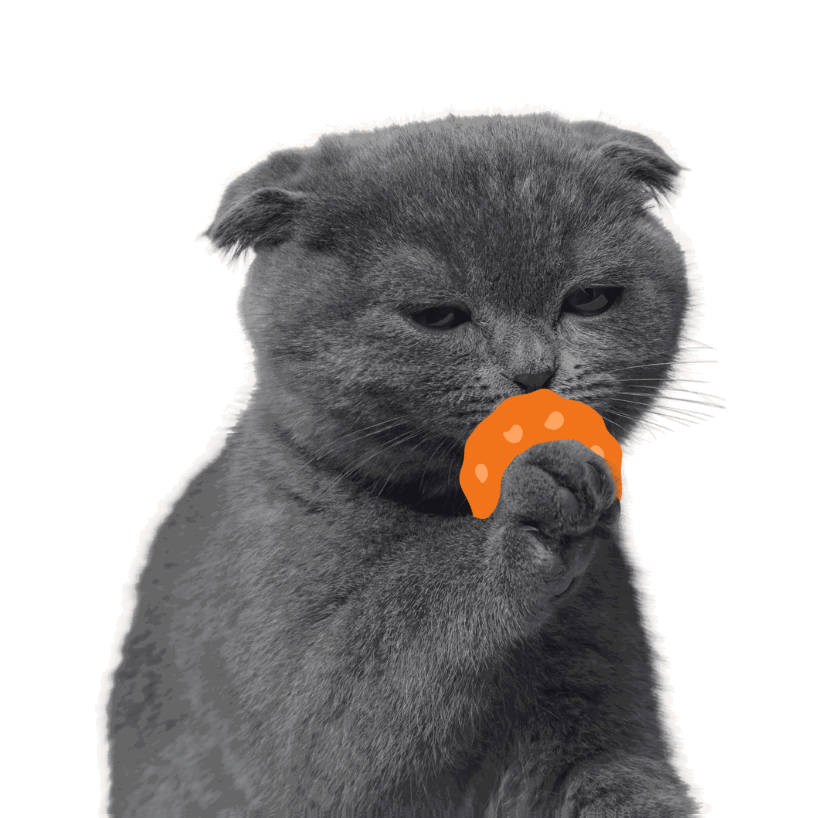
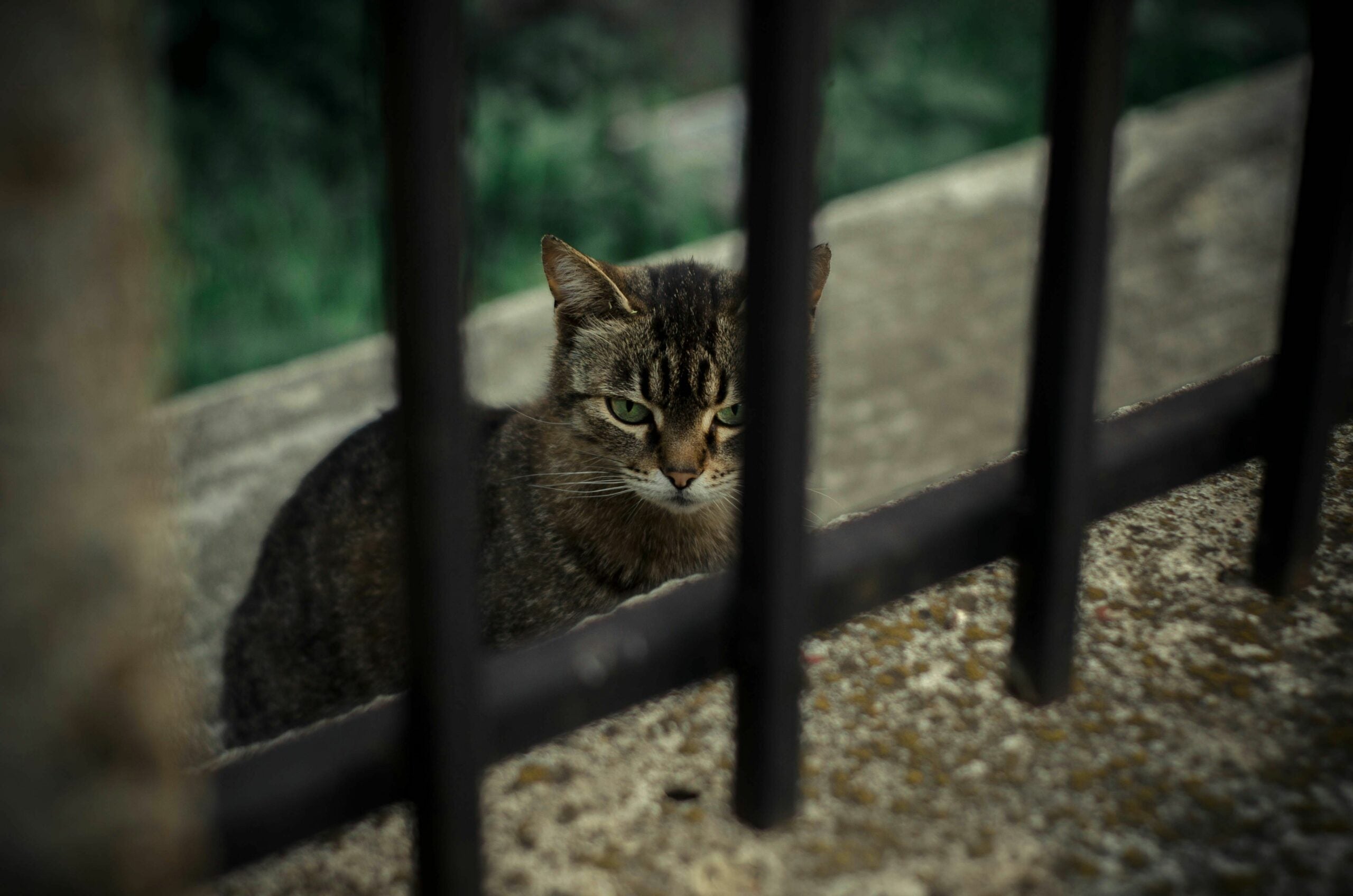
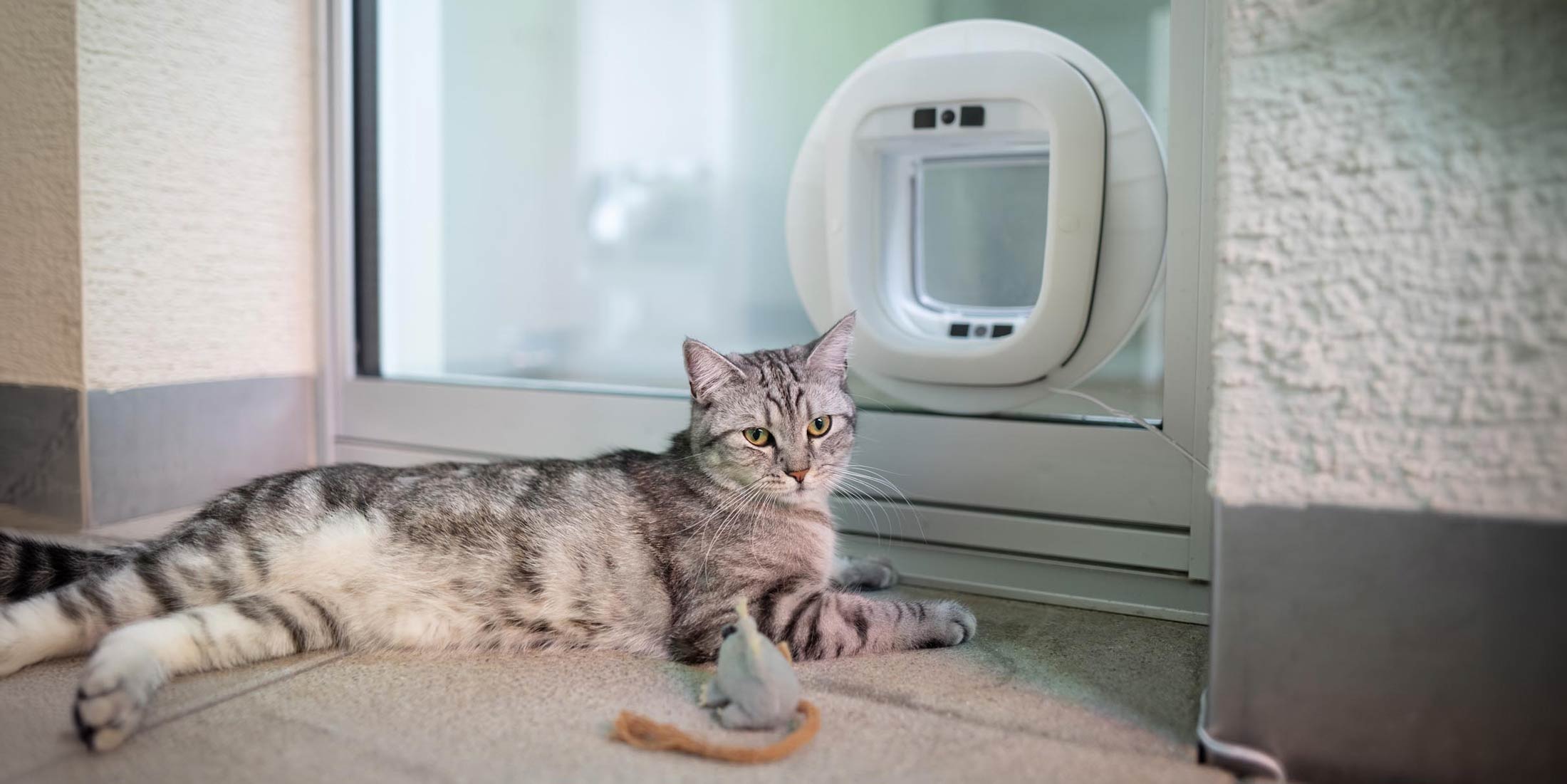
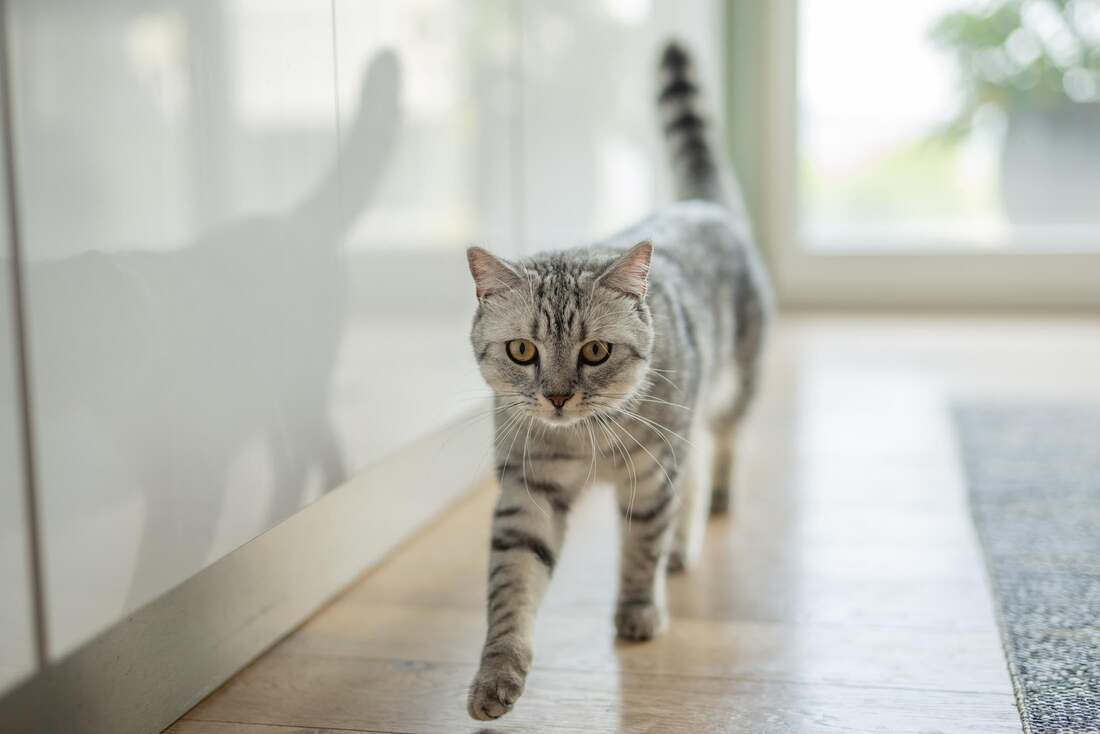
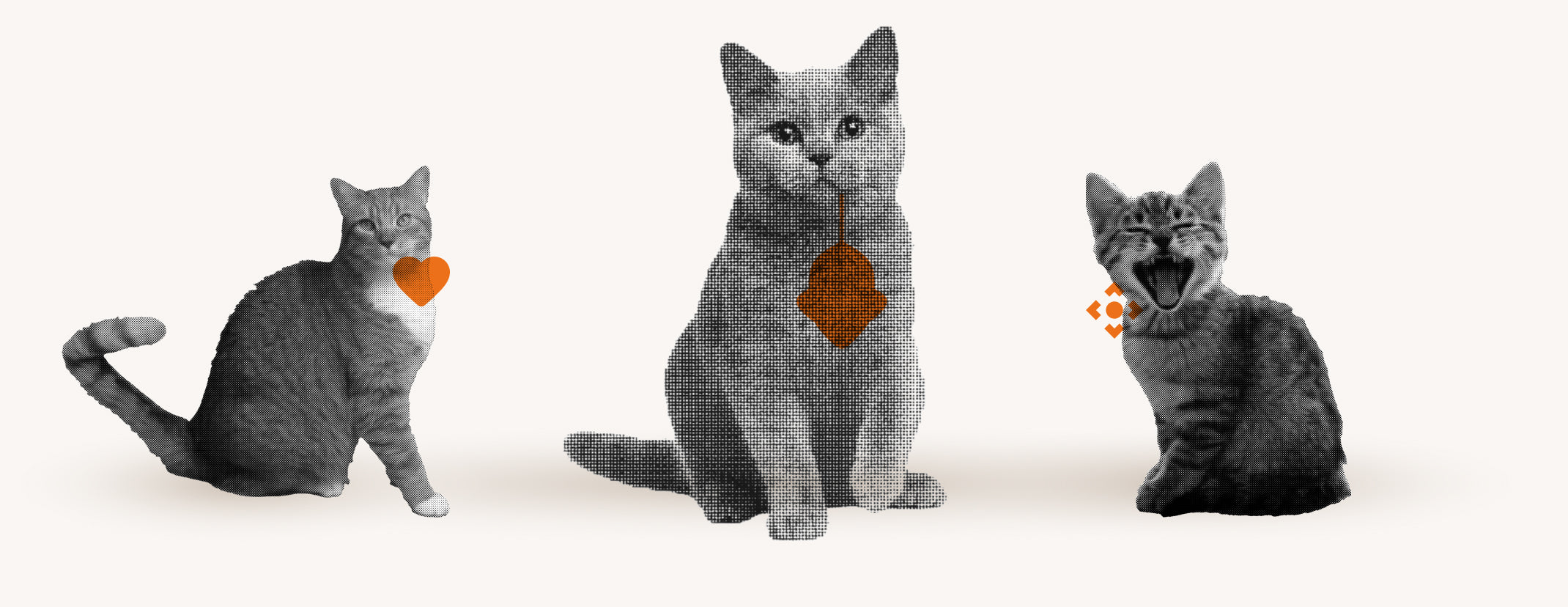
Share:
Why your cat wants to bite – causes and solutions
Litter box on the balcony: everything you need to know